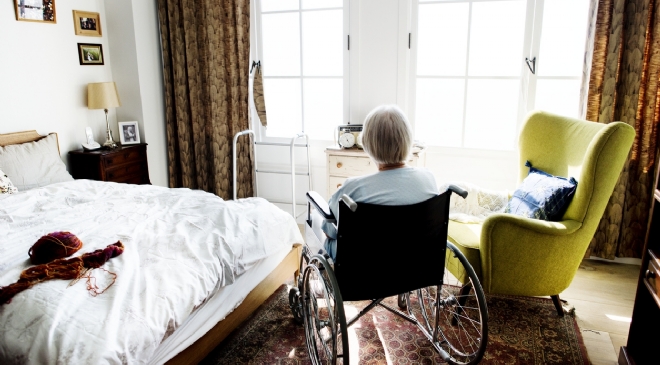DOJ Enhances Pursuit of Grossly Substandard Care at SNFs

DOJ Enhances Pursuit of Grossly Substandard Care at SNFs
On March 3, 2020, the Department of Justice (“DOJ”) announced the launch of a National Nursing Home Initiative, which will enhance efforts to pursue nursing homes that provide “grossly substandard care” to their residents.1 The DOJ is focusing on “some of the worst” nursing homes around the country and is already investigating approximately thirty facilities. It is not entirely clear how the DOJ identifies “the worst” nursing homes, but it lists the following factors:
Failing to provide adequate staffing;
• Failing to comply with “basic protocols” of hygiene and infection control;
• Failing to meet the nutritional needs of residents;
• Withholding pain medication; and
• Overutilization of psychotropic medications for sedation.
The announcement promises coordinated and enhanced civil and criminal efforts with other on-going efforts by the Administration for Community Living, Elder Justice Coordinating Council, Health and Human Services Office of Inspector General, state and local prosecutors, and law enforcement.
The DOJ’s use of “grossly substandard care” allegations to establish liability under the federal False Claims Act is neither new nor without controversy. This theory of liability, which has also been described as the “worthless services” theory, alleges that the care provided fell significantly below the standard of care expected, effectively rendering the care worthless. Of course, there are straightforward examples of care that would fit this description, such as a doctor amputating the wrong limb of a patient. Amputating the wrong leg is gross negligence and renders the value of the procedure worthless.
However, the application of this theory to care rendered in a skilled nursing facility is much more nuanced. Rather than providing isolated procedures, skilled nursing facilities usually provide a broad range of services, to many patients, over a prolonged period of time. Depending on the type of service and payor source, skilled nursing facilities could be receiving fee-for-service payments, a cost-based per-diem rate, or other forms of contractual reimbursement. Further, skilled nursing facilities are subject to frequent audits and surveys by federal and state administrative agencies. These administrative agencies are already responsible for assessing compliance with regulatory requirements that cover nearly every aspect of facility operations, from staffing, infection control, and quality patient care, down to lighting, laundry, and linen services.
These distinctions raise significant questions about whether the DOJ can establish the essential elements for False Claims Act liability. For example, at what point do mere regulatory violations, or even instances of negligent care, cross into the realm of “grossly substandard care”? Mere differences of expert opinion are not enough to establish liability under the False Claims Act. Also, assuming it can be demonstrated that some care was grossly substandard, at what point does all the care provided become worthless? Can False Claims Act liability be established when services are merely “worth less” as opposed to “worthless”? Assuming some reduction in reimbursement can be quantified as damages, does the fact that a facility received and continues to receive reimbursement defeat the essential element of materiality?
While the merits of the DOJ’s theory can be challenged, the reality is that litigation is costly, and these types of cases do not present well. No skilled nursing facility wants every bad patient outcome, from a time-period of six years, paraded in front of a jury. Indeed, the DOJ has already secured several settlements to resolve allegations of grossly substandard care against nursing homes. For example, on June 29, 2018, Preferred Care Inc.; its nursing facility, Stanton Nursing and Rehabilitation Center; owner and other affiliated entities agreed to pay $540,000 to resolve allegations that they billed Medicare and Kentucky’s Medicaid, in part, for providing materially substandard care, in violation of the False Claims Act. More recently, on February 27, 2019, the DOJ announced a settlement by Vanguard Healthcare, LLC and related companies as the “largest worthless services resolution in Tennessee’s history.” Vanguard agreed to pay more than $18 million to settle a lawsuit alleging they billed the Medicare and Medicaid programs for grossly substandard nursing home services.
The DOJ’s announcement of its National Nursing Home Initiative does not address any of the legal challenges to prosecuting “grossly substandard care” under the False Claims Act. It does, however, promise to “more effectively and quickly pursue nursing homes” that are allegedly providing such care. Thus, nursing homes should be prepared to respond accordingly.
For further information, please contact Stanton Stock or Mark Johnson in our San Diego office, Mark Reagan or Scott Kiepen in our San Francisco office, or your regular Hooper, Lundy & Bookman contact.
______________________________
[1] The DOJ’s announcement can be found here: https://www.justice.gov/opa/pr/department-justice-launches-national-nursing-home-initiative (last accessed March 4, 2020).



